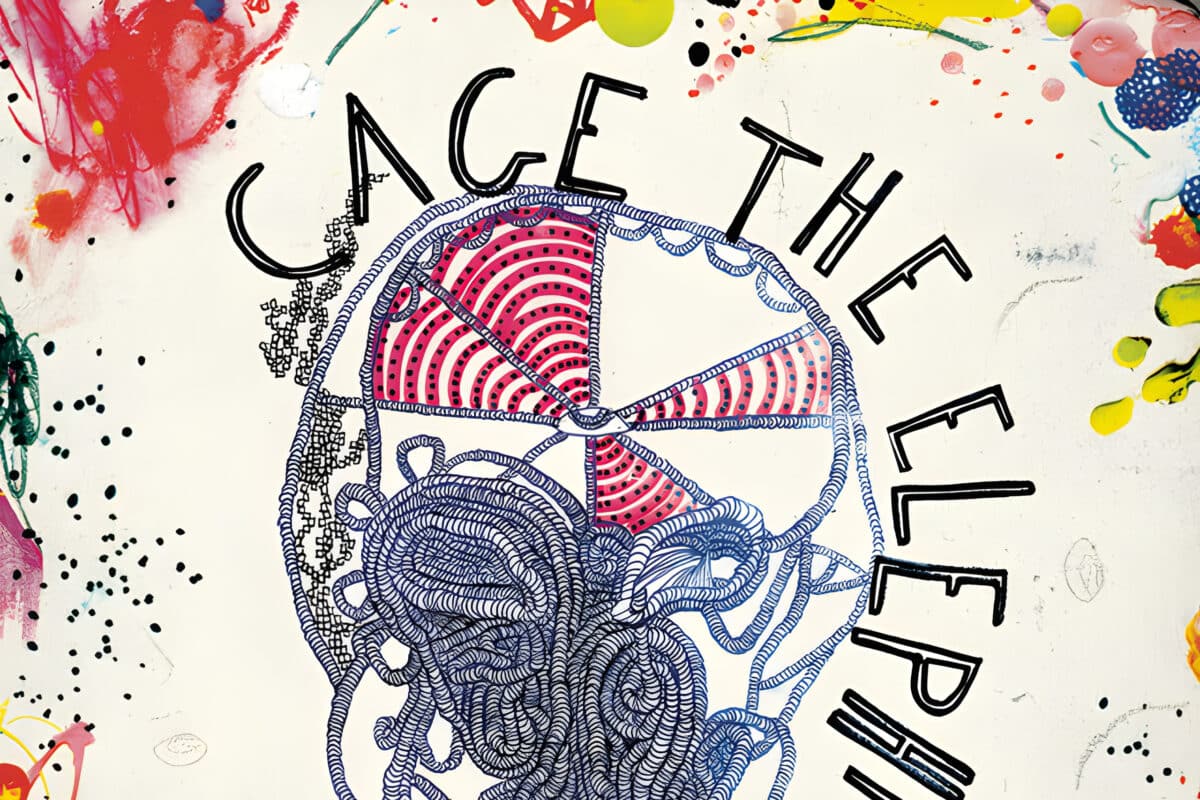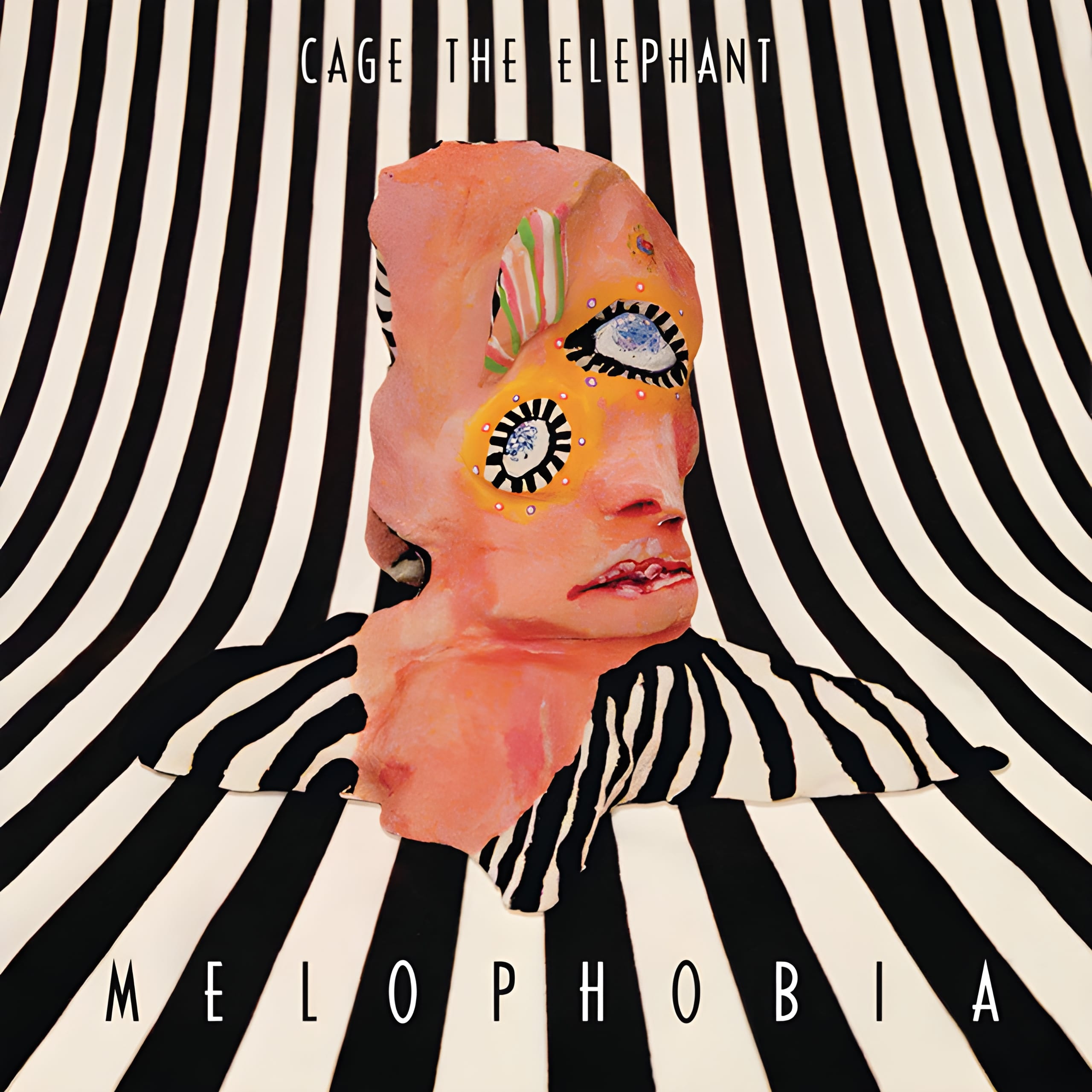Released: 2009
Features: Cage The Elephant
“Ain’t No Rest for the Wicked” by Cage the Elephant is a gritty slice of life that throws a spotlight on the harsh realities faced by people living on the edge. It’s an anthem that captures the essence of desperation and the lengths to which people go to survive in a world where money doesn’t grow on trees.
The song kicks off with the narrator walking down the street, only to be approached by a woman looking to offer him company for a price. It’s a direct hit on how poverty pushes people into situations they’d rather not be in, echoing the theme that there’s no easy way out when you’re stuck in a cycle of need. The woman’s justification, “Oh, there ain’t no rest for the wicked, Money don’t grow on trees, I got bills to pay, I got mouths to feed, There ain’t nothing in this world for free,” is a hard truth about survival in a capitalist society.
Not long after, the narrator finds himself at gunpoint by a man not looking to kill, but to rob. The mugger’s words mirror those of the woman’s, underlining that desperation isn’t a one-off incident; it’s a widespread issue with people taking drastic measures to make ends meet. The repetition of the refrain throughout the song hammers home the point that no one is immune to the struggles brought on by financial hardship.
The final verse shifts the scene to the narrator’s home where he sees a news report about a preacher man arrested for embezzling church funds. This twist exposes hypocrisy and greed existing even among those expected to lead with integrity, suggesting that the thrill of money is a universal temptation, blurring the lines of morality across all walks of life. The song closes with a collective confession, “we’re all the same, Oh yes, we all seek out to satisfy those thrills,” stressing that the pursuit of financial security, and sometimes excess, drives much of human behavior, regardless of the consequences.
Through its storytelling, “Ain’t No Rest for the Wicked” delves deep into the societal issue of economic inequality and the moral compromises people face daily. The song doesn’t just paint a picture of the wicked; it reflects a society where survival often means crossing lines, highlighting a shared vulnerability to the siren call of money and the lengths to which anyone might go to keep their head above water.






